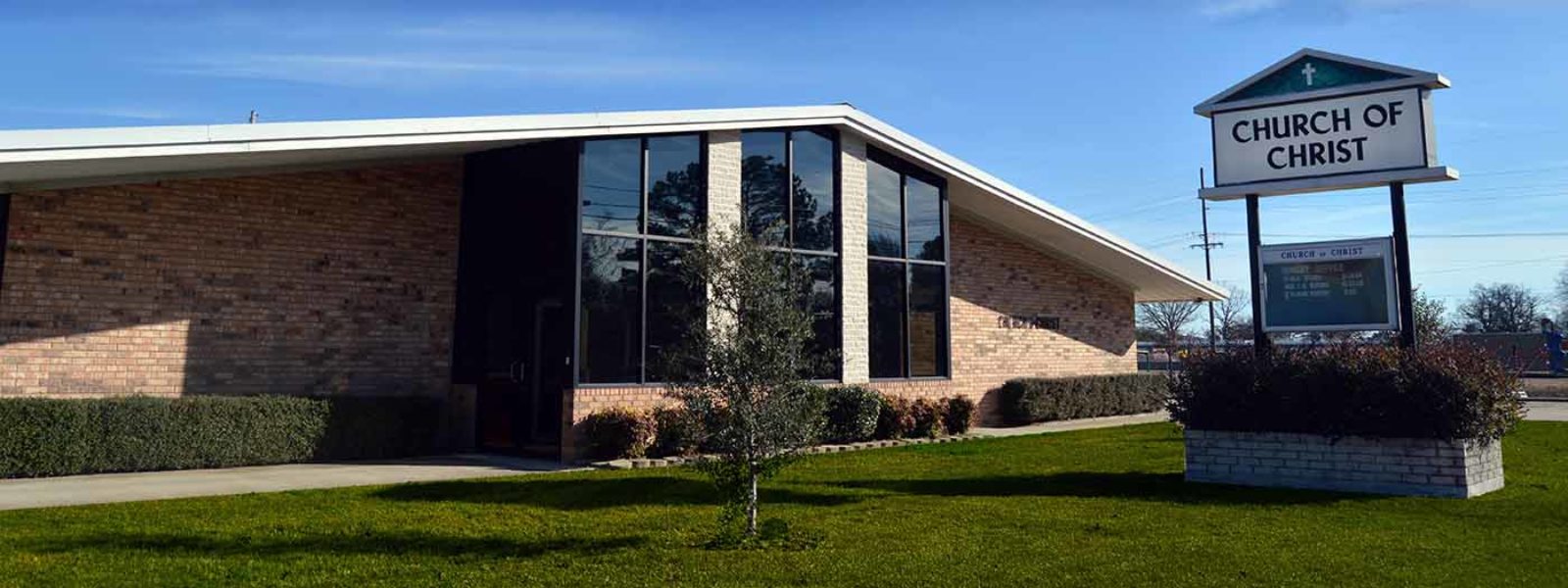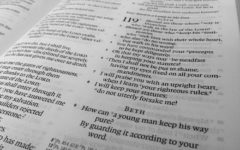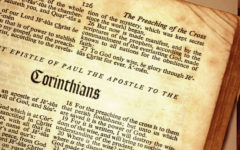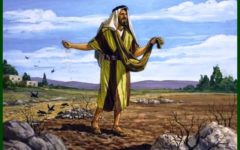Where was the Church before it was restored?
The point is this: the assumption of restoration does not necessarily imply non existence of that which needs to be restored as the question seems to imply. We recognize that restoration means that that which needs to be restored has deteriorated badly. In what sense? In the sense that not very much of the original is left. But that means that SOME of the original is still there. How can it be restored? By following the pattern for the original. In the case of the church, where do we find that pattern? In the New Testament.

















